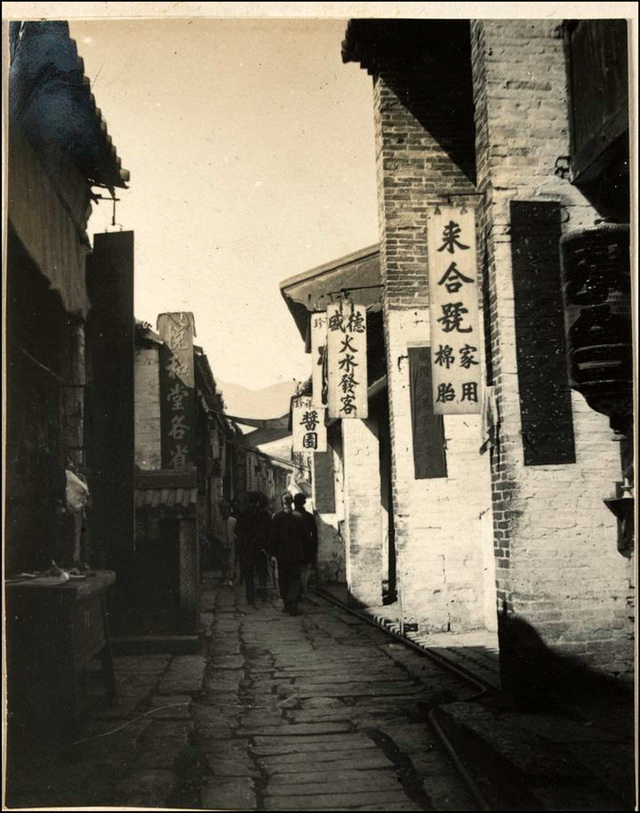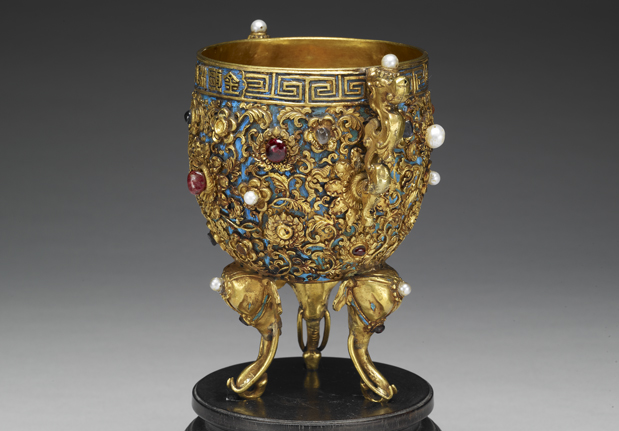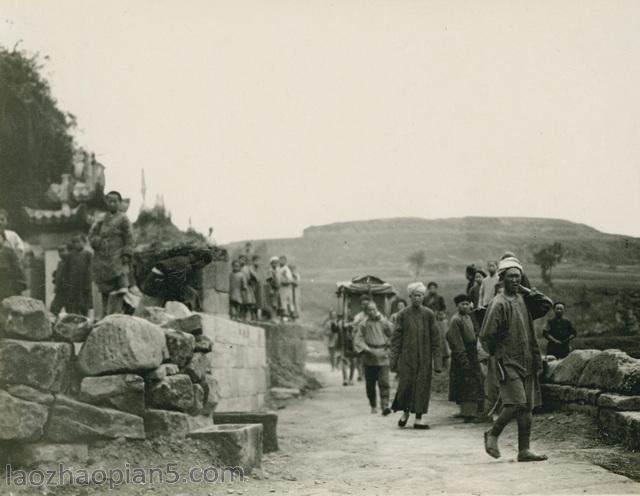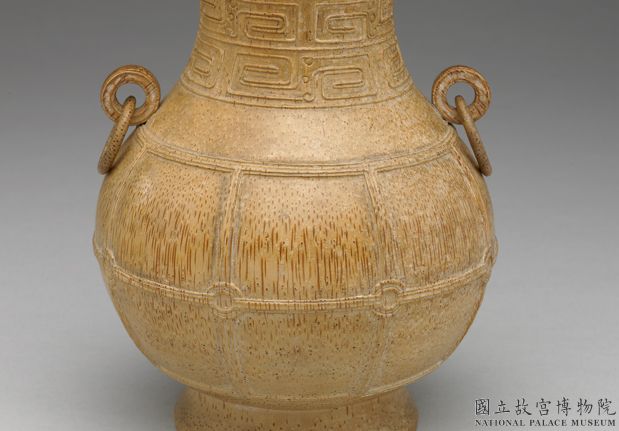Period:Qing dynasty Production date:1644-1911
Materials:jade
Technique:carved, ground,
Subjects:reptile
Dimensions:Length: 7.50 centimetres Width: 4.50 centimetres
Description:
Jade (green-brown) figure of a tortoise.
IMG
![图片[1]-figure BM-1947-0712.486-China Archive](https://chinaarchive.net/Qin dynasty/Jades/mid_IMG_1980.jpg)
![图片[2]-figure BM-1947-0712.486-China Archive](https://chinaarchive.net/Qin dynasty/Jades/mid_IMG_1981.jpg)
![图片[3]-figure BM-1947-0712.486-China Archive](https://chinaarchive.net/Qin dynasty/Jades/mid_00298860_001.jpg)
Comments:Rawson 1992:This carving would have been used as a paper-weight or ornament. See also BM 1981.1005.2, BM 1973.0726.150, BM 1978.0307.1 and BM 1981.1005.3. Of all the hardstones, jade was the most precious: worked since the Neolithic period in China, it was not only valued for its hardness and rarity but was imbued with moral qualities; it was also thought to confer immortality. Bacause it was so hard, jade could not be carved with tools but had to be ground with abrasive sands. Used in early China for ritual objects, it was later used for decorative items, jewellery, paper-weights and small sculptures.An extra label Henry oppenheim Jade.48
Materials:jade
Technique:carved, ground,
Subjects:reptile
Dimensions:Length: 7.50 centimetres Width: 4.50 centimetres
Description:
Jade (green-brown) figure of a tortoise.
IMG
![图片[1]-figure BM-1947-0712.486-China Archive](https://chinaarchive.net/Qin dynasty/Jades/mid_IMG_1980.jpg)
![图片[2]-figure BM-1947-0712.486-China Archive](https://chinaarchive.net/Qin dynasty/Jades/mid_IMG_1981.jpg)
![图片[3]-figure BM-1947-0712.486-China Archive](https://chinaarchive.net/Qin dynasty/Jades/mid_00298860_001.jpg)
Comments:Rawson 1992:This carving would have been used as a paper-weight or ornament. See also BM 1981.1005.2, BM 1973.0726.150, BM 1978.0307.1 and BM 1981.1005.3. Of all the hardstones, jade was the most precious: worked since the Neolithic period in China, it was not only valued for its hardness and rarity but was imbued with moral qualities; it was also thought to confer immortality. Bacause it was so hard, jade could not be carved with tools but had to be ground with abrasive sands. Used in early China for ritual objects, it was later used for decorative items, jewellery, paper-weights and small sculptures.An extra label Henry oppenheim Jade.48
© Copyright
The copyright of the article belongs to the author, please keep the original link for reprinting.
THE END





![[Qing Dynasty] British female painter—Elizabeth Keith, using woodblock prints to record China from the late Qing Dynasty to the early Republic of China—1915-China Archive](https://chinaarchive.net/wp-content/uploads/2022/11/image-191x300.png)